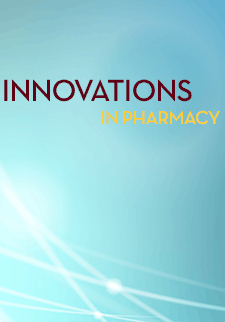Leveraging Expertise from Community Resources to Improve the Role of the Pharmacist in HIV Testing and Counseling
Edgar S. Diaz-Cruz
Belmont University College of Pharmacy
Sara Thompson
North Dakota State University School of Pharmacy
Mary Hawkins
Nashville CARES
Riguin Zengotita Borges
Belmont University College of Pharmacy
Kathryn Jefferson
Belmont University College of Pharmacy
DOI: https://doi.org/10.24926/iip.v12i4.3918
Keywords: Human immunodeficiency virus, public health, community engagement, HIV testing
Abstract
The human immunodeficiency virus (HIV) epidemic continues to be a major global public health issue. Moreover, disparities continue to persist in HIV among racial and ethnic minority populations, with the highest rates of new diagnoses in Black/African American and Hispanic/Latino men who have sex with men in the United States. Pharmacists are one of the most accessible and trusted health care professionals. Therefore, it is imperative that student pharmacists are educated on culturally-competent HIV testing and risk behaviors counseling. This study describes the development of a partnership between a pharmacy school and a community-based organization to offer an HIV counseling and testing training program to help develop skills in delivering HIV testing services. The HIV counseling and testing training program contains learning modules that provide a wide array of in-depth information about HIV patient care in the community. The partnership allows for the enjoyment of a myriad of benefits for students, the pharmacy program, the community-based organization, and the public health of the community-at-large. Students feel more prepared and comfortable working with patients in discussing HIV transmission risk factors and test results as a result of this training. Such partnerships support the pharmacist’s role in the public health arena. A successful and durable relationship between a community partner and a school of pharmacy is a feasible strategy for pharmacy progress in public health.



